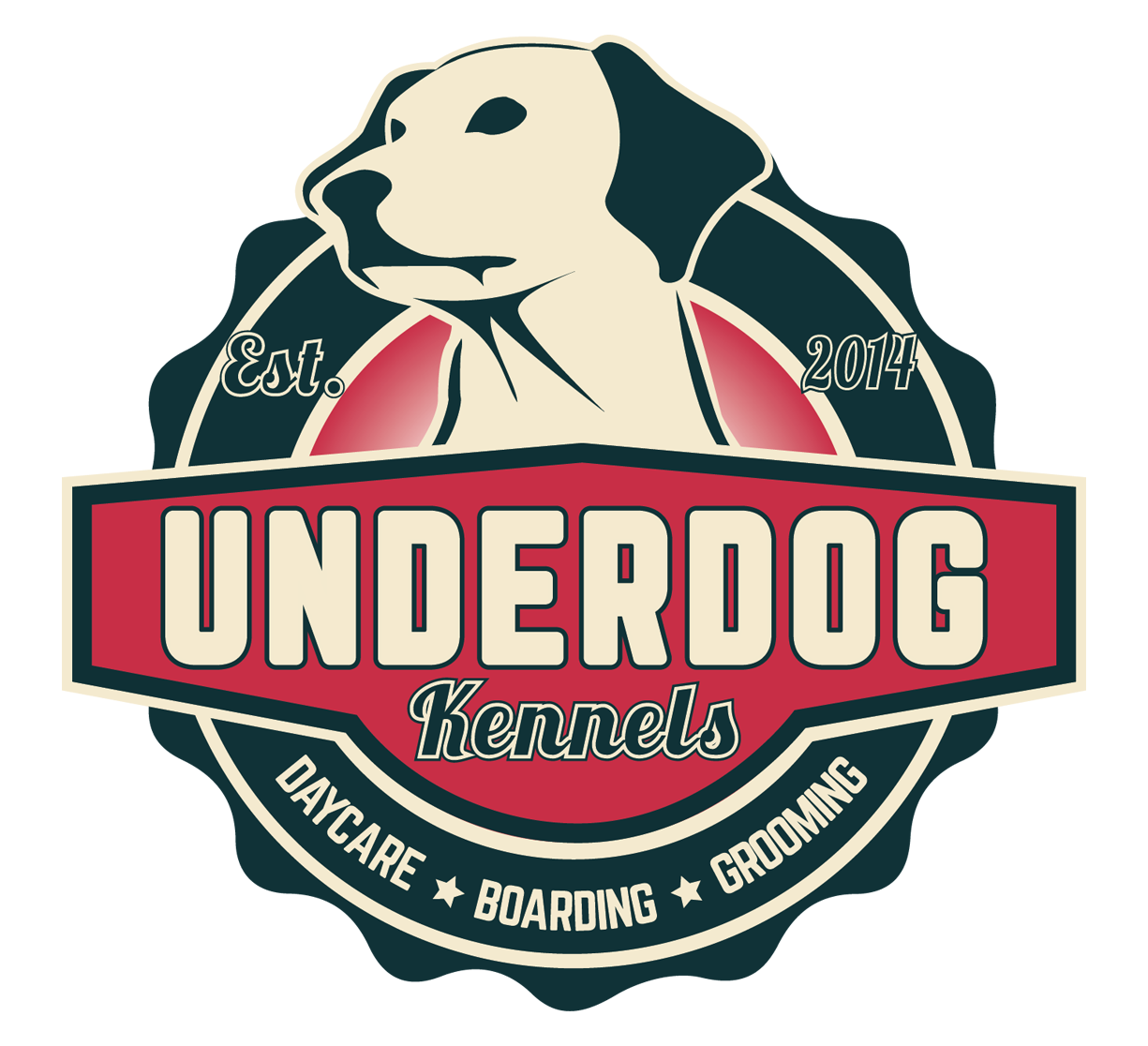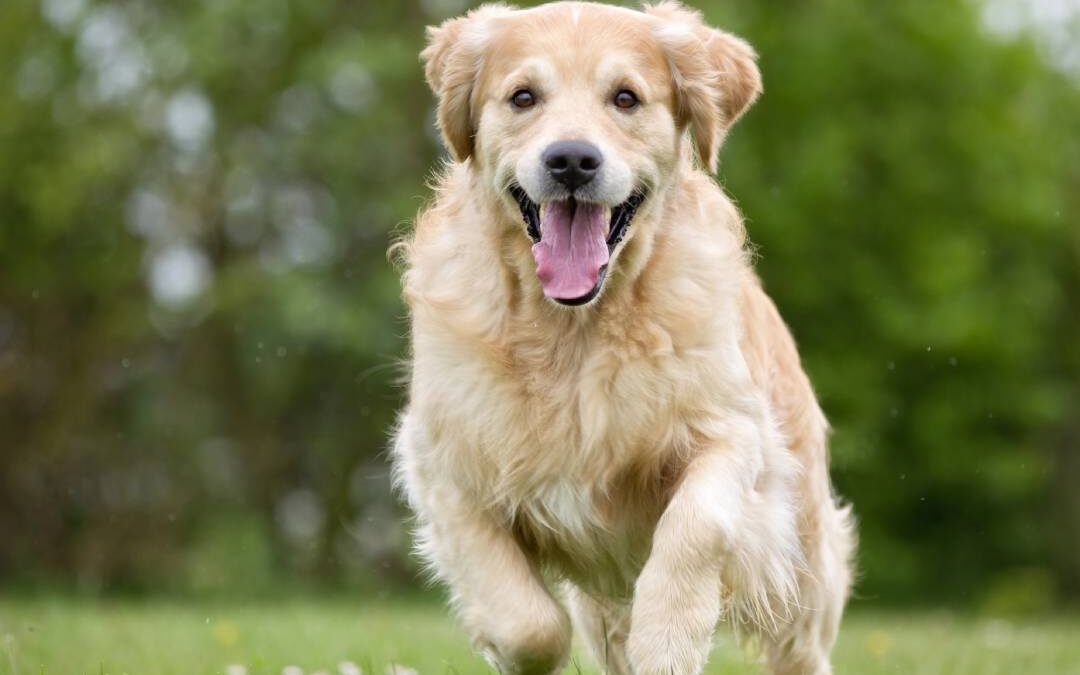Dog daycare has become a popular part of many families’ daily lives. It gives pet parents peace of mind while they work, travel, or handle errands, knowing their dogs stay active and are cared for.
Yet, a question remains for many owners: Do dogs like daycare as much as we hope they do?
Understanding how your dog feels in a group environment helps you decide what works best. Every dog is unique, and what excites one may overwhelm another.
Understanding the Daycare Environment
A well-structured dog daycare provides a structured, safe space where dogs can play, rest, and learn. Typical programs include group play sessions, downtime, and mental stimulation to keep dogs balanced and engaged.
Most facilities group dogs according to temperament, energy, or size. Some dogs prefer active outdoor sessions, while others feel comfortable with gentler indoor play. Skilled staff monitor all interactions, guide behavior, and maintain harmony among the groups.
For many dogs, this structure reduces anxiety and promotes confidence. Over time, they associate the environment with fun, companionship, and routine. The predictability of each day helps many dogs feel as comfortable at daycare as they do at home.
Signs That Your Dog Enjoys Daycare

Each dog shows happiness in different ways. Some wag their tails the moment they hear the word “daycare,” while others express it through calm, confident body language once inside.
A dog who enjoys daycare may:
- Wag its tail eagerly when you mention the facility.
- Get excited as your car approaches the neighborhood.
- Pull toward the door during drop-off.
- Greet staff and other dogs with ease.
- Maintain a loose, happy body posture.
After a day at daycare, many dogs come home calm but content. They rest easily and may even nap earlier than usual. This relaxed tiredness often reflects healthy stimulation, not exhaustion or stress.
Dogs that thrive in group settings also form friendships. They play cooperatively and recover quickly from small disagreements. These behaviors show that they feel secure and happy in their surroundings, answering the question many owners ask — do dogs like daycare? For many, the answer is YES!
When Daycare Might Feel Overwhelming
Not every dog feels at ease in a daycare environment immediately. Some take longer to adjust, while others may find group play overstimulating. Most dogs will be apprehensive when they arrive on their first day. They will not know where they have just arrived at. They will know there are other dogs there, but many will assume it’s a new vet’s office and not many good things happen at the vet, so most proceed cautiously at first. Don’t worry, for most dogs, this pessimism passes quickly as they realize they aren’t coming here for a shot – they’re coming here to play with new friends.
If your dog hesitates at the door or appears nervous around staff, it could indicate uncertainty. Other warning signs include pacing, panting excessively, hiding in corners, or avoiding eye contact.
In some cases, dogs who are shy, anxious, or reactive might need smaller playgroups or shorter sessions. Overexposure to new stimuli can make them more tense rather than relaxed.
The environment itself also matters. High noise levels, overcrowded play areas, or inexperienced supervision can increase stress. That is why working with trained professionals who recognize subtle body language cues is so important for a dog’s comfort and well-being.
How Professional Staff Support Behavioral Balance
The success of any daycare depends on its team. Experienced handlers can identify the early signs of stress or tension, such as stiff posture, tucked tails, or raised hackles, before they escalate into conflict.
Rather than reacting to problem behaviors, skilled staff redirect attention and reinforce calm choices. This proactive approach helps dogs build positive associations. Over time, a once-timid or reactive dog learns that daycare can be a safe, enjoyable space.
The Role of Routine, Play, and Mental Enrichment
Routine helps dogs feel grounded. Predictable schedules — meals, rest, and play — give them a sense of control and comfort.
Play is more than exercise; it’s essential to emotional health. Group games, fetch, and tug sessions let dogs expend energy while practicing social skills. However, balance matters. Too much activity without rest can lead to frustration or fatigue.
Quality dog daycare services integrate rest periods and mental enrichment, such as puzzle toys or scent games. These activities engage the mind and encourage problem-solving. Mental exercise helps even energetic dogs relax and stay centered throughout the day.At home, owners often notice that dogs involved in mentally balanced daycare routines rest better, eat regularly, and display even-tempered behavior and be less destructive to objects at home.
How to Tell if Daycare Is a Good Fit for Your Dog
Observing your dog’s reactions before, during, and after daycare can reveal a lot.
Positive indicators include enthusiasm during drop-off, relaxed body language with staff, and a balanced mood when returning home. Conversely, persistent fear, tension, or excessive exhaustion may mean the setting is not the right match.
Communication with staff is key. Ask how your dog interacts during play sessions. Are they initiating play or mostly observing? Do they seek comfort from handlers? Insight from trained professionals can guide adjustments, such as smaller groups, slower introductions, or alternate schedules.
Some dogs flourish in daycare from day one. Others thrive after a gradual adjustment period. The goal is not perfection, but steady progress toward comfort and confidence.
What to Do if Your Dog Seems Unhappy
If your dog appears uneasy or resistant, it does not mean daycare is a poor choice; it might simply require a different approach.
Start with shorter sessions and slowly extend the duration. Choose facilities that customize activities for different energy levels. Smaller playgroups or quieter schedules can make a big difference.
For dogs struggling with reactivity or fear, structured programs such as specialized behavior-focused care can help. At home, reinforce calm habits with short walks, games, and downtime together. Familiar routines outside daycare strengthen your dog’s trust and carry over into the daycare environment.
When Daycare Becomes a Second Home
With time, many dogs grow to view daycare as a familiar, comforting place. They recognize the staff, their playmates, and even the routine sounds and scents. The dog that once trembled at drop-off now wags its tail, eager to enter.
This change doesn’t happen overnight. It reflects the gradual building of trust through consistency, positive interaction, and gentle exposure. Regular attendance supports emotional stability. Familiar environments reduce stress and create a sense of belonging.
When your dog greets staff warmly, engages in play, and leaves content, you have your answer to “Do dogs like daycare?” The joy in their posture and the calmness after each visit say it all.
Experience the Difference with Underdog Kennels
Here at Underdog Kennels, we know every dog’s happiness depends on understanding their unique personality. Our experienced team observes each guest closely and tailors their experience with care.
Through structured play, rest, and enrichment, we help dogs build confidence and genuine joy in social settings.

